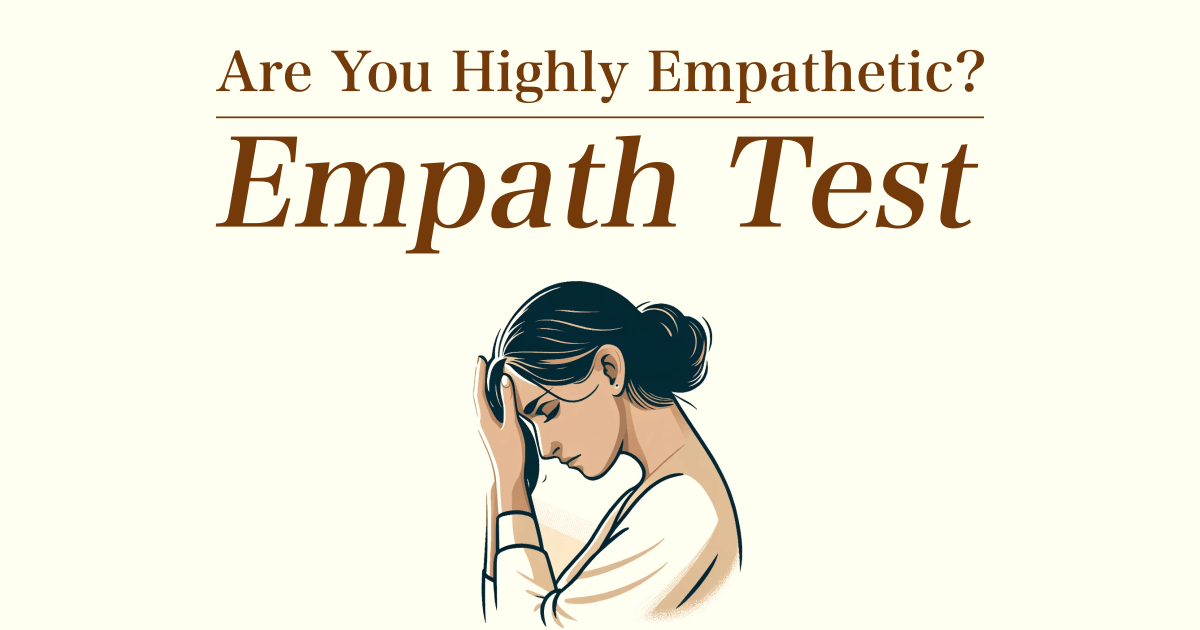
An empath is someone with very high empathy. Take this test to see how much of an empath you are. If you often feel affected by others' emotions, you might be an empath.
An empath is someone who deeply feels and connects with the emotions and energy of others. A person with this trait can often sense another person's joy or pain as if it were their own, sometimes even before it's expressed. Empaths are highly sensitive to emotional and energetic shifts around them, which can sometimes make them feel overwhelmed. It may be difficult for them to distinguish between their own emotions and those of others. This heightened sensitivity makes an empath incredibly compassionate, but it also emphasizes the importance of setting personal boundaries for their well-being. Empaths often feel a deep connection with people, animals, and nature, and they are drawn to making a positive difference in the world through their empathetic nature.
An empath and a psychopath are polar opposites when it comes to emotions and relationships. An empath is highly sensitive to others' feelings and energies, often experiencing those emotions as if they were their own. They naturally want to support and comfort others in distress. A psychopath, on the other hand, lacks empathy entirely and tends to be cold and self-centered. They often manipulate and exploit others, showing little to no emotional connection or concern.